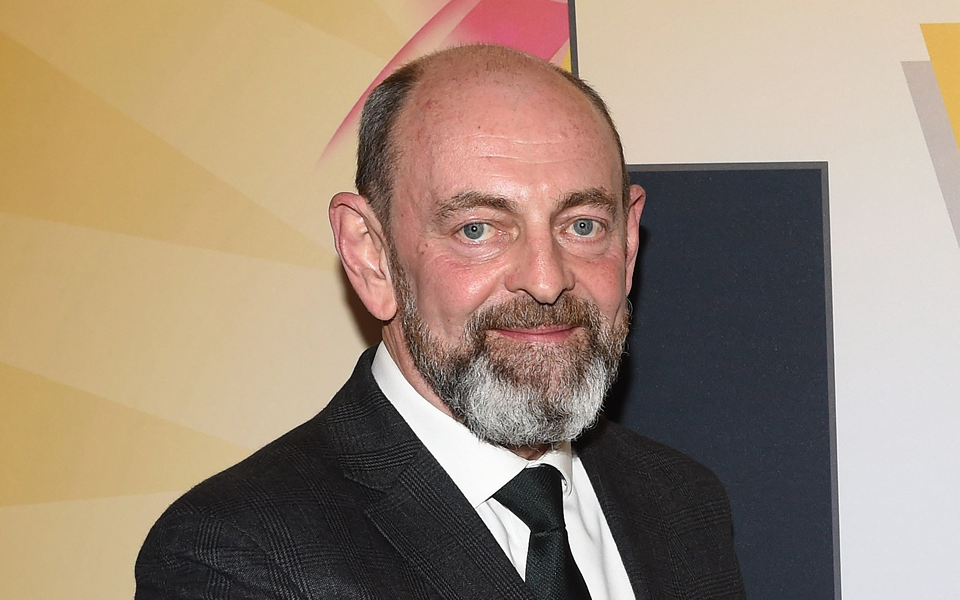
Published Thursday 31 March 2022 at 9:52
In his final coronavirus column as he retires today, our Director of Public Health Prof Dominic Harrison reflects on Blackburn with Darwen’s pandemic experience.
This is my last Covid column before I retire so I want to look back over the last two years of the pandemic and offer some thoughts on lessons learned.
Blackburn with Darwen’s first confirmed Covid case was on the 13th March 2020. As of the 16th March 2022 there have been 53,757 confirmed Covid cases in the borough, and up to mid February there have been a total of 558 Covid deaths.
The borough has the third highest cumulative Covid case rate in the UK and has spent the second longest time in the country in either ‘special measures’ or lockdown.
The pandemic had its biggest local impact in the first 18 months, but since August 2021, case rates and hospitalisations for Blackburn with Darwen residents have been consistently well below the national average. They are now amongst the lowest in the UK.
The pandemic amplified existing inequalities, but national policy and decisions often added to our burden.
It is highly probable that had we entered the pandemic with lower, or even English average, rates of hypertension, cardio-vascular disease or type 2 diabetes, we would have seen fewer deaths – even given the same case rates. Having these largely preventable illnesses alongside a subsequent Covid infection pre-disposed residents to a higher risk of death from Covid. The NHS needs to radically increase its investment in prevention over the coming years.
If the government had funded local authorities to deliver contact tracing from the start of the pandemic, it would have been more effective. When the first Delta variant cases appeared in April 2021, the national Test and Trace system misplaced local case records for over two weeks – which meant we could not locally contact trace the cases or support individuals to self-isolate. This enabled faster and wider transmission of the Delta variant.
Locally, we were restrained by government from taking our schools into blended learning in November 2020 when we had a particularly high surge in local cases, but the government instructed the rest of the country to take that action when London saw similar rates on the 4th January 2021.
Early on in the pandemic, there was a suggestion that poor individual or community behaviour was the principal cause of high Covid case rates in areas like Blackburn with Darwen, but later research by the Joint Biosecurity Centre showed that the percentage of front line workers exposed to continual high levels of transmission was the key factor. National data for 2020 showed, for instance, that just under 30% of the borough’s workers could work from home through lockdowns, whereas it was well over 70% in areas like Richmond-upon-Thames.
The prioritisation for the UK vaccination roll out was unfair. It prioritised vaccination for those ‘at risk if infected’ and so vaccinated older age cohorts first. This systematically prioritised older and mostly wealthier areas with much lower incidence of Covid-19, mostly in the south of England. These communities gained significantly greater protection from immunity at an earlier point in the pandemic, whilst simultaneously experiencing lower transmission risks than areas like Blackburn with Darwen, which has the eighth youngest population under 16 years of age in England.
The most important lesson learned was that ‘it takes a community to manage a pandemic’. High levels of civic trust, strong political and public health leadership, and a collective ‘whole of society approach’ meant that in Blackburn with Darwen, everyone contributed to our ultimately successful ‘place based’ pandemic response.
I leave with a deep sense of gratitude to everyone across the borough for all that they have done to help each other through the pandemic. Being Blackburn with Darwen’s Director of Public Health over the last two years of the pandemic has been both an honour and a privilege for me. Thank you.
Filed under : coronavirus | COVID-19 | Professor Dominic Harrison
